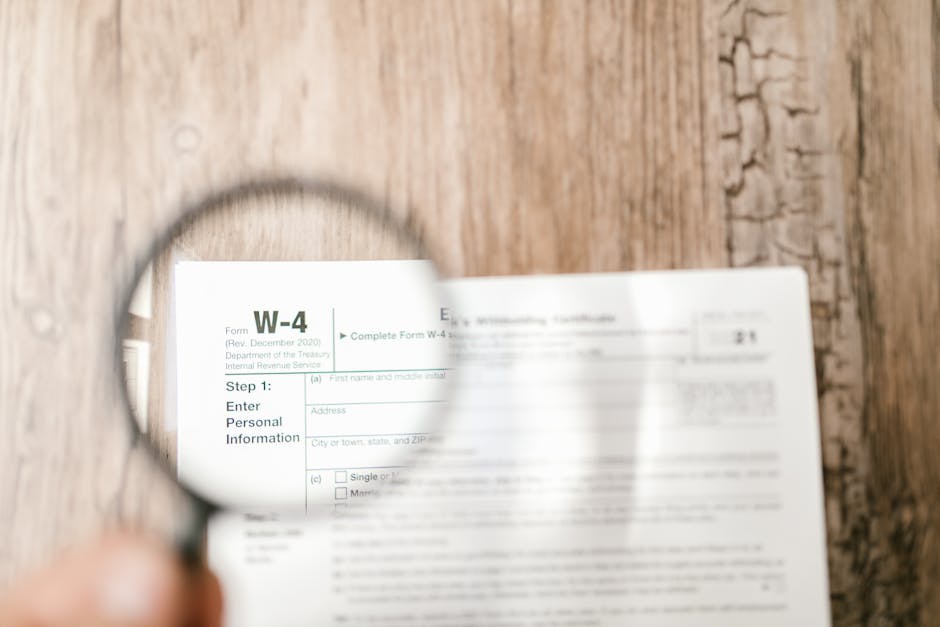
The Role of State Regulations in Polygraph Examiner Certification
In today’s world, where truth verification is crucial in various sectors, the role of polygraph examiners has become increasingly significant. These professionals are tasked with conducting lie detector tests to determine the veracity of individuals in legal, corporate, and security contexts. However, the credibility and reliability of these tests heavily depend on the certification and training of the examiners. This is where state regulations come into play, ensuring uniformity and standardization in the certification process across different regions.
Understanding Polygraph Examiner Certification
Before delving into the intricacies of state regulations, it is essential to comprehend what polygraph examiner certification entails. Certification is a formal recognition that an individual possesses the necessary skills, knowledge, and ethical standards to conduct polygraph examinations professionally. This process involves rigorous training, testing, and continuous education to maintain the highest standards in the field.
Importance of State Regulations in Certification
State regulations play a pivotal role in shaping the certification landscape for polygraph examiners. These regulations ensure that there is a standardized approach to training and certification, which helps maintain the integrity and reliability of polygraph examinations. Below are some key aspects of how state regulations impact the certification process:
Standardizing Training Programs
One of the primary roles of state regulations is to standardize training programs for aspiring polygraph examiners. This involves setting guidelines for the curriculum and course duration, ensuring that all programs cover essential topics such as physiological responses, test administration, and ethical considerations. For instance, states like Texas and California have implemented specific training requirements that aspiring examiners must meet before becoming certified.
Ensuring Competency through Examinations
State regulations mandate that individuals seeking certification as polygraph examiners must pass a comprehensive examination. This ensures that only competent individuals are granted certification, thereby maintaining the quality of polygraph examinations. For example, states may require candidates to pass both written and practical exams to assess their theoretical knowledge and practical skills.
Continuous Education and Recertification
To ensure that polygraph examiners stay updated with the latest developments in the field, state regulations often require continuous education and periodic recertification. This involves attending workshops, training sessions, and conferences to enhance their skills and knowledge. States like Florida and New York have specific recertification requirements, which include a certain number of continuing education hours to maintain certification.
State-by-State Variations in Regulations
While there is a general framework for polygraph examiner certification, there are significant variations in regulations across different states. These differences can affect the overall certification process and the ease with which examiners can practice in multiple states. Below are some examples of how state regulations vary:
Licensing Requirements
Some states require polygraph examiners to obtain a separate license in addition to certification, while others do not. For instance, in states like Georgia and Illinois, examiners must secure a state-issued license to practice legally. This additional layer of regulation ensures that examiners meet specific state standards beyond basic certification.
Background Checks and Ethical Standards
State regulations may also dictate the need for comprehensive background checks and adherence to strict ethical standards. For example, states like Virginia and Maryland require examiners to undergo background checks to ensure they have no criminal history that could compromise their integrity. Additionally, examiners must adhere to ethical guidelines outlined by professional bodies such as the American Polygraph Association.
Reciprocity Agreements
Reciprocity agreements allow certified examiners to practice in multiple states without undergoing additional certification processes. However, not all states have such agreements in place. For example, while some states in the Northeast have reciprocity agreements, others in the Midwest do not. This can affect examiners who wish to expand their practice across state lines.
Challenges in Navigating State Regulations
While state regulations play a crucial role in standardizing the certification process, they can also present challenges for polygraph examiners. Understanding these challenges is essential for both aspiring and practicing examiners:
Complexity and Variability
The complexity and variability of state regulations can be overwhelming for examiners, especially those who wish to practice in multiple states. Navigating through different requirements, such as licensing and continuing education, can be time-consuming and costly.
Keeping Up with Changing Regulations
State regulations are subject to change, and examiners must stay informed about any updates or amendments. This requires continuous monitoring of regulatory changes, which can be challenging for busy professionals.
Actionable Tips for Aspiring Polygraph Examiners
For individuals aspiring to become certified polygraph examiners, understanding and navigating state regulations is crucial. Here are some actionable tips to help you on your journey:
Research State-Specific Requirements
Begin by researching the specific certification and licensing requirements in the state where you intend to practice. This will give you a clear understanding of the necessary steps to become a certified examiner.
Enroll in Accredited Training Programs
Choose a training program that is accredited and recognized by relevant authorities. This will ensure that you receive the necessary education and skills to pass the certification exam.
Stay Informed About Regulatory Changes
Regularly check for updates on state regulations and certification requirements. Joining professional organizations and networking with other examiners can help you stay informed about any changes in the field.
Consider Reciprocity Agreements
If you plan to practice in multiple states, explore reciprocity agreements that may simplify the certification process. This can save you time and effort in meeting different state requirements.
Conclusion
The role of state regulations in polygraph examiner certification is a critical aspect of maintaining the integrity and reliability of polygraph examinations. These regulations ensure standardization in training, competency, and ethical standards, ultimately protecting the interests of clients and the public. While navigating through the complexities of state regulations can be challenging, understanding these requirements and staying informed about any changes will help aspiring and practicing examiners succeed in their careers. By adhering to state regulations and continually enhancing their skills, polygraph examiners can ensure they provide trustworthy and accurate services in their field.
